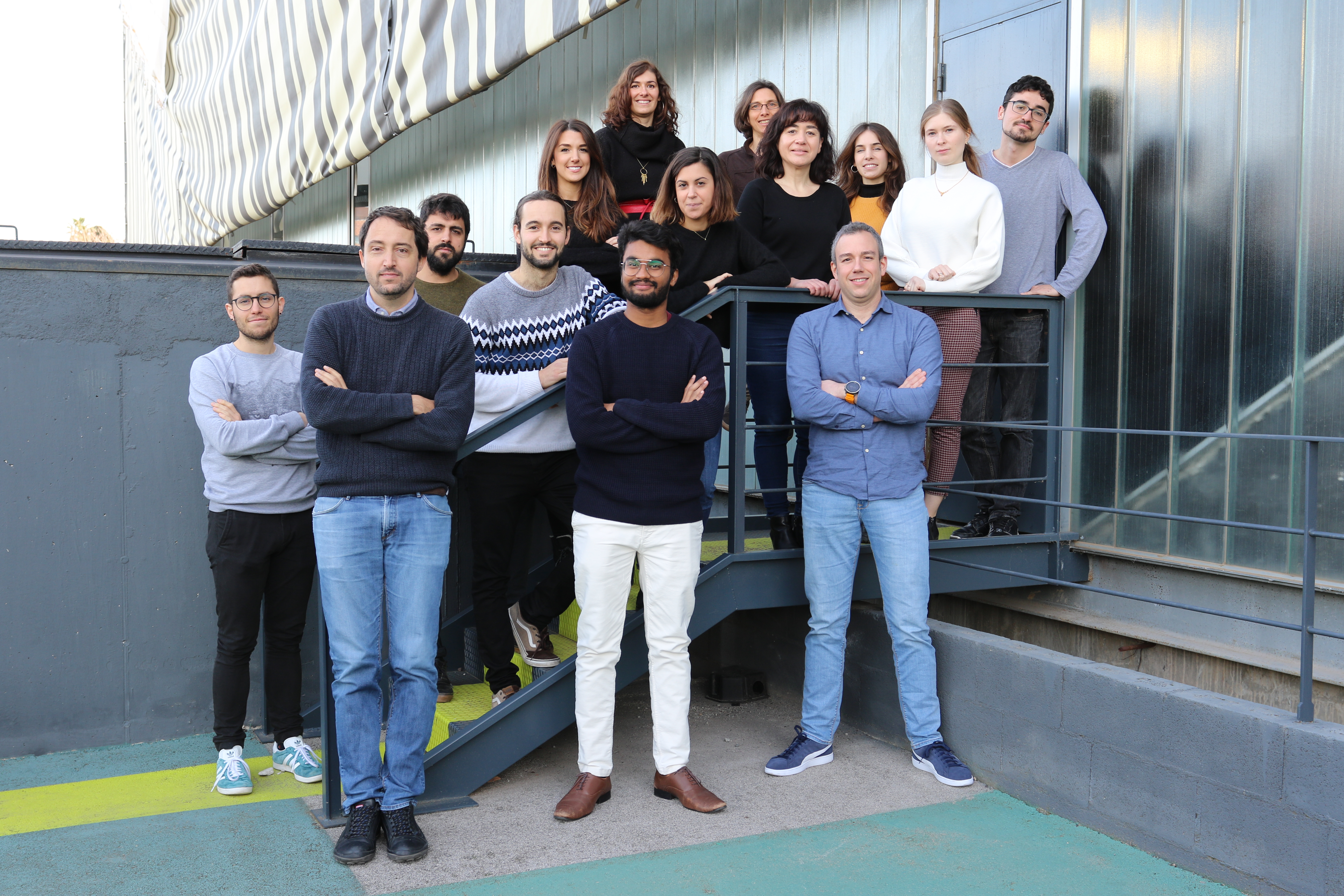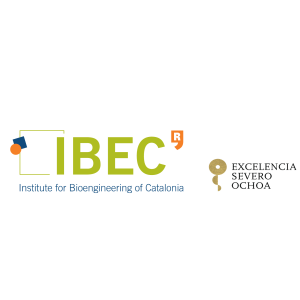CMM
Cellular and Molecular Mechanobiology
Every time we blink, move a hand, draw a breath, or walk, cells in our body exert, transmit, withstand, and detect forces. This mechanical interaction with the environment determines how cells proliferate, differentiate, and move, and regulates development, tumorigenesis or wound healing. Just like biochemical stimuli initiate signaling cascades, mechanical forces affect the links and conformation of a network of molecules connecting cells to the extracellular matrix. Our research aims precisely at unraveling the mechanisms that these molecules use to detect and respond to mechanical stimuli like forces or tissue rigidity, triggering downstream cell responses. To this end, we combine biophysical techniques like magnetic tweezers, Atomic Force Microscopy, traction microscopy, and microfabricated force sensors with molecular biology, advanced optical microscopy, and theoretical modelling.




